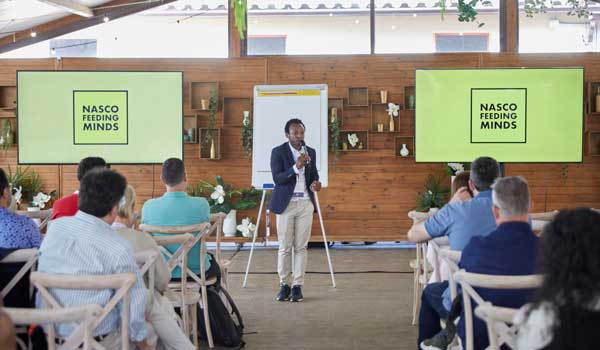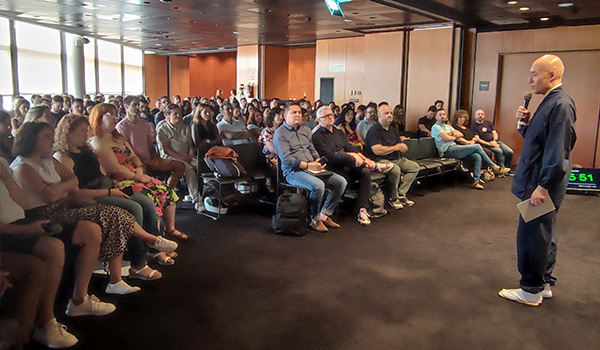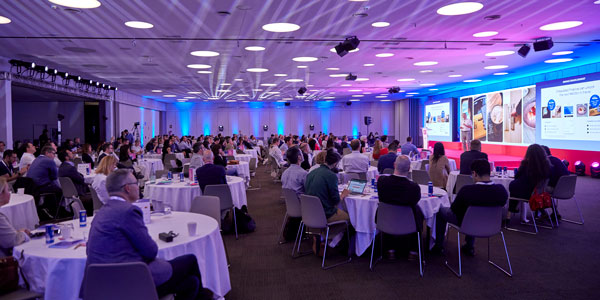At a time when capitalism is being widely blamed as one of the main causes of humanity’s ills, we increasingly hear terms like Corporate Social Responsibility, Economy for the Common Good, B Corps, Triple Impact and Conscious Capitalism. Albeit by different routes, all these movements are intended to address the same issue. Conscious capitalism is probably the one that best summarises, in just two words (even though to many they look like an oxymoron), the thinking behind them: that the problem is not the system in itself, but the level of awareness with which it is managed. Working hand in hand with the positive forces that underlie human nature, the system has succeeded, in record breaking time, in bringing mankind to an unprecedented level of prosperity and well-being. However, when human beings’ worst instincts have the upper hand, paradise becomes dystopia.
Paradoxically, the same system is advancing in diametrically opposite directions at the same time. To understand how we have reached this point, we first need to take a brief look at where we have come from. Markets have existed since time immemorial to allow humans to exchange goods. For many thousands of years, the mechanisms used to exchange goods in the market were extremely inefficient, and it was not until the 7th century BC that someone had the bright idea of creating a tool to facilitate these mechanisms. This tool was what today we call money, a simple tool to enable goods to be exchanged on the market. Almost two more millennia were to pass before mankind would be able to lay the foundations of the liberal economy: property rights and the rule of law.
From that point on, progress was meteoric. The incentives for innovation created by this new environment unleashed man’s innate spirit of entrepreneurship, channelled through a system where money and markets created a virtuous circle leading to an exponential increase in the common good. Thus far the friendly face of capitalism.
According to historian Fernand Braudel, the problem with the capitalist system is that it makes it all too easy to pervert the purpose for which markets were originally devised. Braudel saw that capitalism had transformed the function of the market as a system for exchanging goods using money into one whose end is nothing more than converting money into more money. As soon as money becomes an end in itself, and this end is linked to the Machiavellian pursuit of happiness, the perversion of the system is complete. Morals and the common good take a back seat, and humanity begins to confuse the search for happiness with the search for wealth. This confusion sees its maximum expression in materialism, which is the ultimate source of the horrors we see every day in the media: war, climate change, famine, financial crises, pollution, species extinction, etc.
Introducing consciousness into the capitalist system means putting ourselves in touch once more with our true human nature and rejecting the catastrophic notion that money is the final destination on the road to happiness. Numerous studies show that materialistic values, far from leading us along the path to happiness, are the fast track to unhappiness. Once we have enough money to meet our basic needs, multiplying the amount by ten, a thousand or ten thousand does not help us to become happier.
Indeed, research shows that any effort intended to increase our income beyond those basic needs is detrimental to the time necessary to satisfy our inner needs, those from which real happiness stems. These are what Daniel Pink describes as the 3 pillars of human motivation: autonomy, mastery and purpose. Science, technology and progress are essentially the result of the interaction between these three natural impulses. The free market economy is the context that has made this interaction possible on a global scale.
The disasters associated with capitalism are not, therefore, inherent to the system. They happen because we have forgotten who we are and what really makes us happy. We are not aware of it, but we live as prisoners of a framework of beliefs which are not based on our empirical experience and which completely pervert the evolutionary spirit of human kind. The search for purpose, the need to connect and the desire for freedom have been displaced by a psychological farce that places money at the epicentre of our existence and submerges us in a fictitious search for happiness based on the destructive spiral of consumerism. When this dysfunction extends to the entrepreneurial level, we lose sight of the true evolutionary purpose of human nature and our worst instincts hack the system to make it work in their favour.
In the twenty-first century mankind will face its biggest challenge ever: that of collectively and consciously deciding what kind of world we want for our children. The decision is not a question of intelligence but of awareness, and it cannot be postponed. While people live in fear of the possibility of artificial intelligence one day equalling or even surpassing that of humans, our biological intelligence is destroying the planet. If we are not able to act consciously and live in tune with our true nature, artificial intelligence will be the least of our problems in the twenty-first century. The next great revolution will be a conscious revolution, or it will not happen at all.











